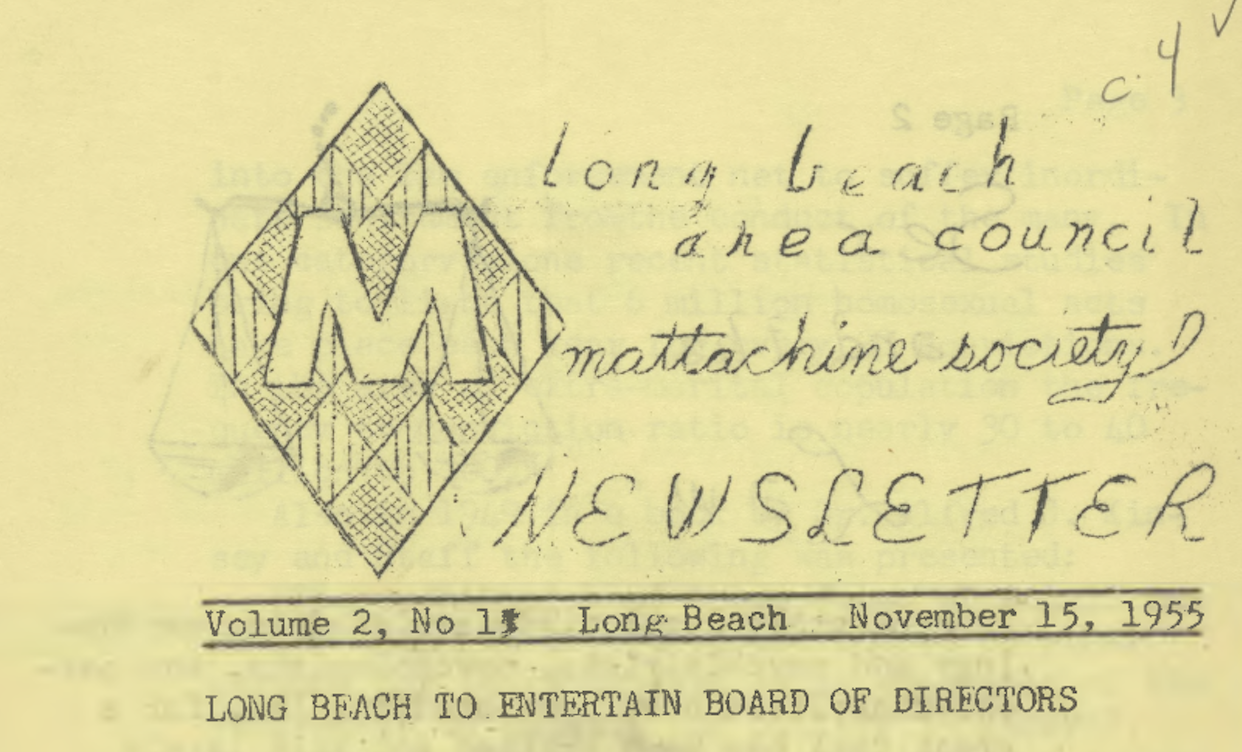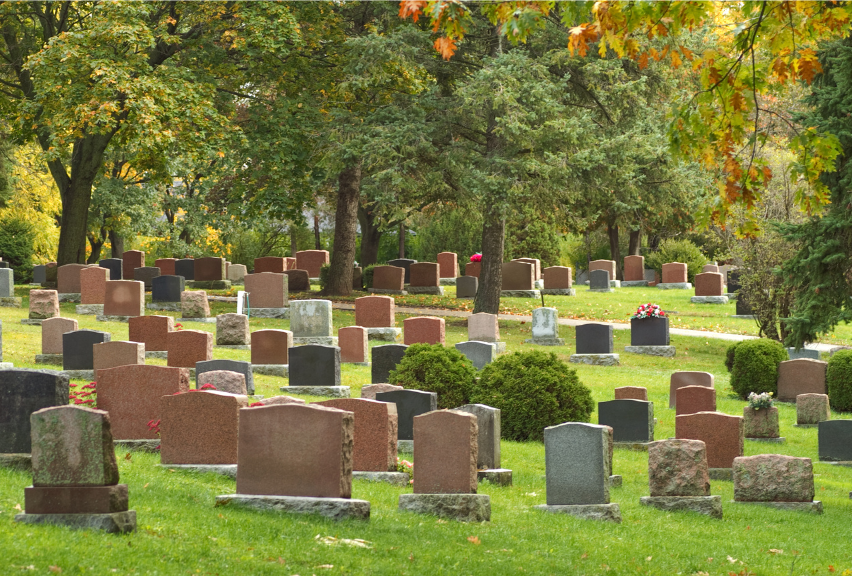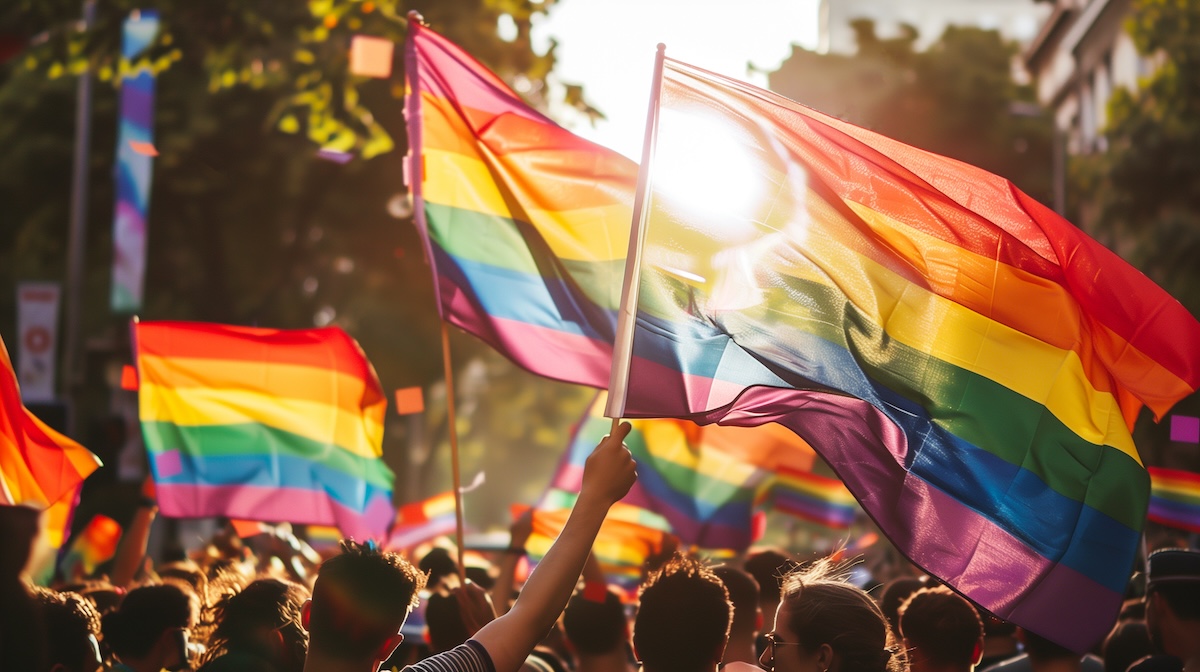When we talk about the LGBTQ+ rights movement, most people immediately think of the Stonewall Riots of 1969. But decades before Stonewall, an underground network of activists was laying the foundation for the modern fight for equality. Enter the Mattachine Society—a pioneering LGBTQ+ organization that dared to exist in a time when being gay was considered a criminal act and a psychological disorder (Library of Congress, 2024).
The Birth of the Mattachine Society
Founded in 1950 by Harry Hay, a Marxist and labor activist, alongside a group of fellow visionaries in Los Angeles, the Mattachine Society sought to create a support system for homosexuals. Their goal was to provide solidarity and a sense of community in a time of extreme isolation and legal persecution (Britannica, 2024). The name “Mattachine” was inspired by the French medieval masque troops, known as the “mattachines,” who performed dances while wearing masks—symbolizing how gay individuals were forced to conceal their true identities (USC ONE Archives, 2024).
The society was groundbreaking because it focused on advocacy and education, pushing back against the widespread societal belief that homosexuality was immoral or pathological. Unlike prior underground networks that operated purely in secrecy, Mattachine aimed to empower individuals through visibility, legal challenges, and education (NYPL Archives, 2024).
At its core, the Mattachine Society sought to:
- Promote Awareness and Education: They sought to educate both the gay community and the general public on issues surrounding homosexuality, emphasizing that being gay was not an illness but a natural human variation (Library of Congress, 2024).
- Advocate for Legal Reform: Members actively fought against discriminatory laws, particularly those criminalizing same-sex relationships and public expressions of affection (Britannica, 2024).
- Create Safe Spaces: They provided a sense of belonging and support, giving LGBTQ+ individuals a place to discuss their lives without fear of persecution (USC ONE Archives, 2024).
Their early organizing efforts included clandestine meetings, distributing educational materials, and publishing newsletters that challenged societal stereotypes.
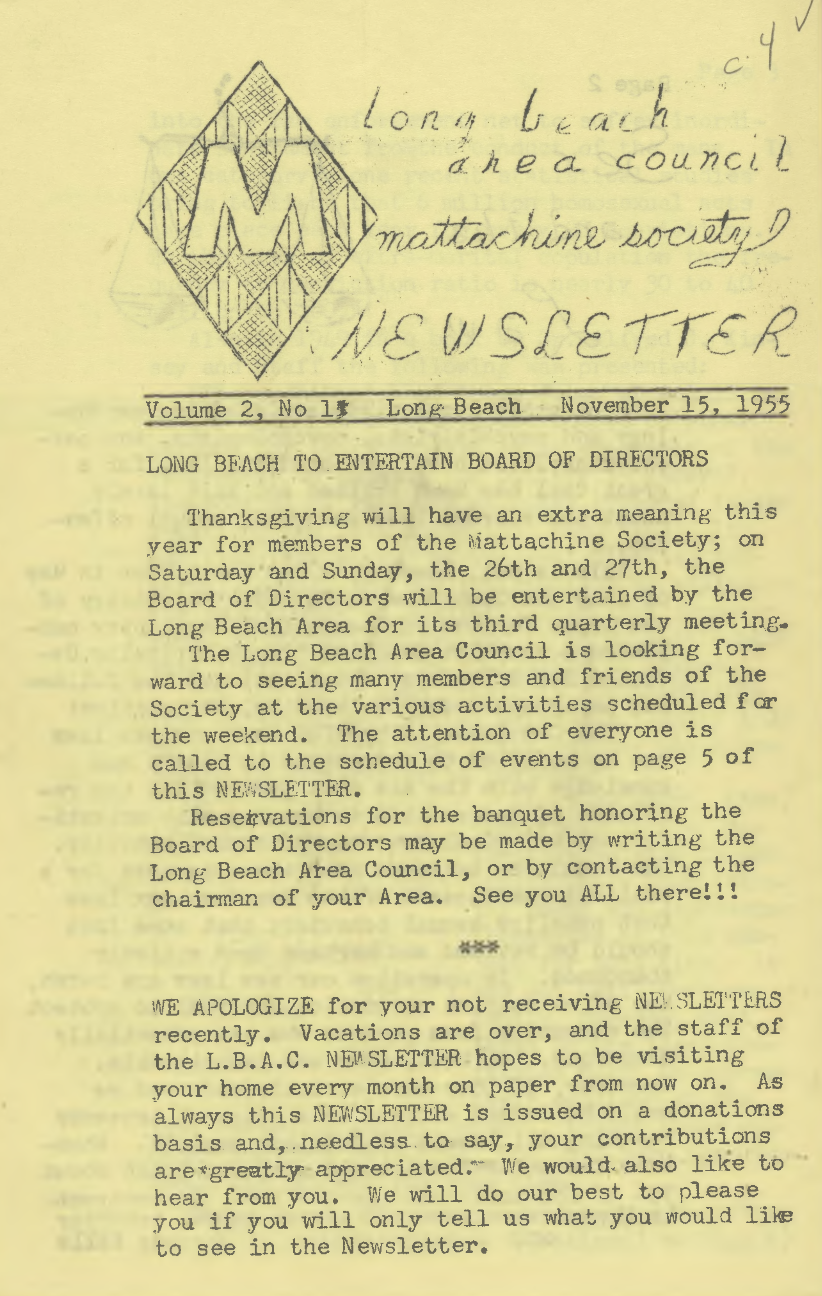
Publisher Mattachine Society, Inc. / ONE Archives USC
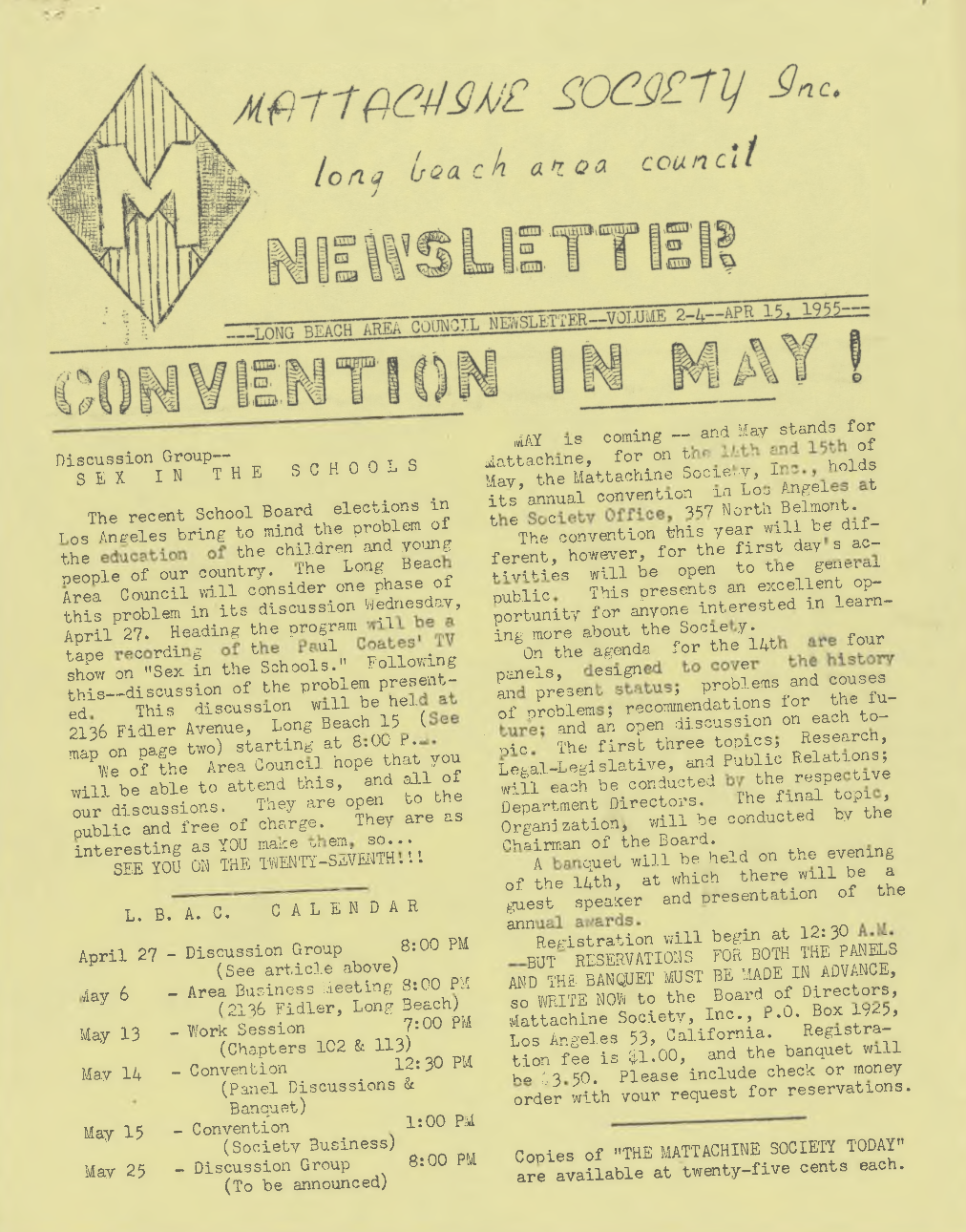
Key Achievements
The Mattachine Society’s impact is undeniable. Some of their notable achievements include:
- The Publication of Mattachine Review
This was one of the earliest national publications to address LGBTQ+ issues openly. Through articles, editorials, and letters, it provided visibility to queer voices that were often silenced (NYPL Archives, 2024). - Legal Battles and Advocacy Efforts
The group challenged discriminatory policies in employment, law enforcement, and housing. Their legal advocacy set the stage for future LGBTQ+ rights groups (Library of Congress, 2024). - The “Sip-In” Protest
In 1966, members of the New York chapter of the Mattachine Society organized a “sip-in” at Julius’ Bar, a public challenge to discriminatory laws that prohibited serving alcohol to gay patrons. This act of civil disobedience is considered a precursor to Stonewall (Britannica, 2024).
Despite these victories, the organization faced internal tensions. A shift in leadership during the mid-1950s led to a more conservative, assimilationist approach, which some original members felt was a betrayal of their radical roots.
Challenges and Decline
By the 1960s, the Mattachine Society began to decline as the fight for LGBTQ+ rights became more militant and radicalized. The organization’s initial strategy of seeking acceptance through assimilation was increasingly criticized by younger activists who demanded immediate and unapologetic liberation (USC ONE Archives, 2024).
However, their decline does not diminish their impact. The Mattachine Society paved the way for future organizations such as the Gay Liberation Front and the Human Rights Campaign. Their fight for dignity, representation, and legal rights laid the groundwork for the more visible movements that followed (NYPL Archives, 2024).
The Legacy Lives On
Today, the Mattachine Society’s contributions are often overshadowed by more dramatic and visible moments in LGBTQ+ history. However, their role as early trailblazers cannot be understated. They showed that change is possible, even in an era of widespread oppression and fear. Their commitment to building a foundation of advocacy, education, and community laid the groundwork for the progress we see today (Library of Congress, 2024).
Reflecting on the Mattachine Society’s history reminds us that activism is a marathon, not a sprint. Each generation builds upon the work of those who came before, and the fight for LGBTQ+ rights is far from over. From legal victories to cultural acceptance, their legacy continues to inspire activists fighting for a more inclusive world.
Support Be Proud! Fest – Rock Our Merch, Fuel Our Mission!
Every purchase of our merch goes directly toward making Be Proud! Fest happen and helps keep our mission alive all year round. We are a grassroots movement created by and for the local queer community. Our mission is to amplify queer stories, committed to fostering a sense of belonging, visibility, and empowerment.
References
Library of Congress: The Mattachine Society
Britannica: Mattachine Society
New York Public Library Archives: Mattachine Society Collection
USC ONE Archives: Early LGBTQ+ Collections


